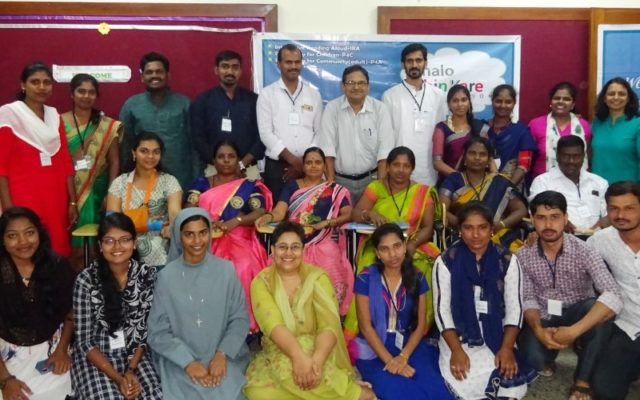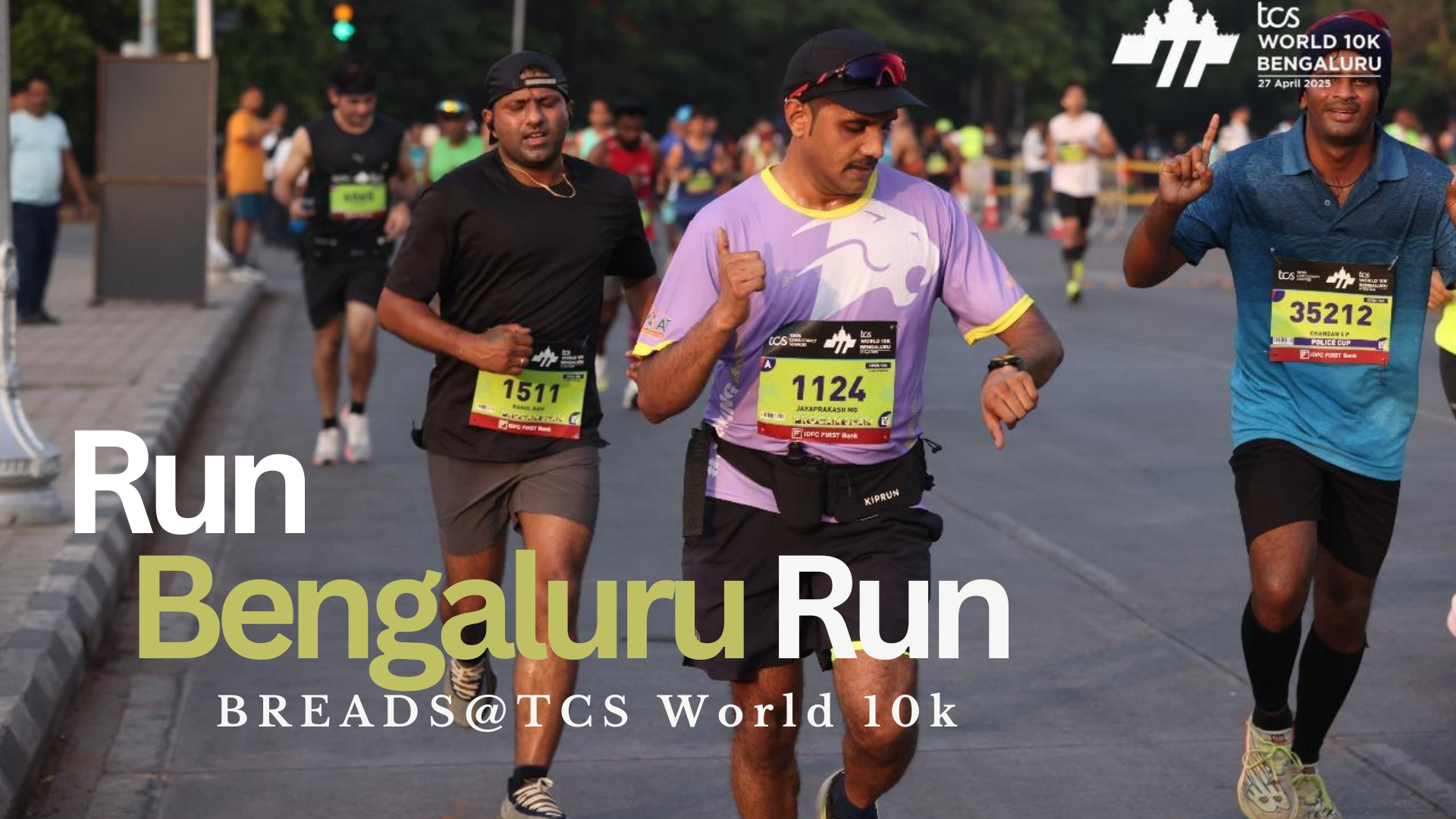BREADS Bangalore conducted the three days programmes titled “Training on Thinking through Philosophy for children” initiated for the teachers from various Don Bosco Institutions and schools. The training was organised in partnership with ‘Chalo Thinkare Foundation’ from 18th May to 20th May 2019. The eminent resource persons for the three days training training were Mr. Padmanabhan and Ms. Archana Joshy from Chalo Thinkare Foundation. Thinking through philosophy is a robust and effective brain/mind development method. This approach enables students to develop thinking, innovation, problem solving skills and self-awareness as well as build social and emotional intelligence. The participants were cordially welcomed by Fr. Joy Nedumparambil, the Executive Director, BREADS. He also introduced the resource persons to the gathering and briefed the purpose of the training.
Chalo ThinKare (Lets Think together!) Foundation offers advice, training and support to schools, industries, NGOs and individuals; promoting Thinking through Philosophy as a robust and effective learning method. This approach enables students/individuals to develop thinking, innovation skills and dispositions/temperament, as well as build social and emotional intelligence. On the first day of the training, the focus was on why to think through Philosophy. The relationship between education and philosophy was further comprehended by participants through the group activities and discussions. The resource persons were clear about connecting philosophy with education by clear discussion and debate of each topic, thus the participants got the notion and essence of the whole concept. Beyond that the training gave techniques to handle with children without harming their self-dignity.
The second day’s training attended to familiarise the text book designed by Chalo Thinkare Foundation on thinking through philosophy. The modules involve different stories, poems and activities which trigger the thinking capacity among children. The condition for this session was never to enforce the facilitators’ thoughts on children rather to be a good listener, give equal opportunity for every child, never criticise the thoughts expressed by the child, never ridicule and to be a good time manager. A group of 20 children were present during the afternoon session for live P4C practicing session for the facilitators participating in the session. The whole subject of P4C is how to think and not what to think. On the third day the facilitators were revised of their learning and reminded to practice stimulating their skill to think and then inspire or facilitate children to do the same. While conclusion an evaluation and feedbacks of the participants were taken genuinely accepting the positive and corrective feedbacks. The participants expressed that they realized the potential of this new learning method which can stimulate independent thinking and active participation from children which is otherwise missing in the normal classroom method. The children have more opportunity to involve in the learning process. The training methodology acquired by the facilitators during the three days training will be taken forward for best practices in their respective organizations. The resource persons efficiently convinced the participants the whole concept without teaching or a lecture but stimulate building one’s own conscience.





